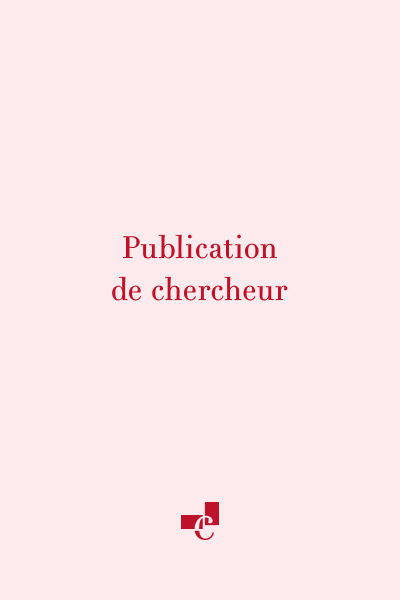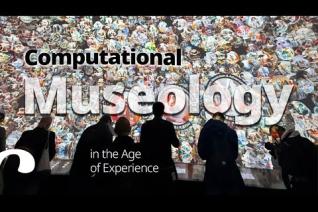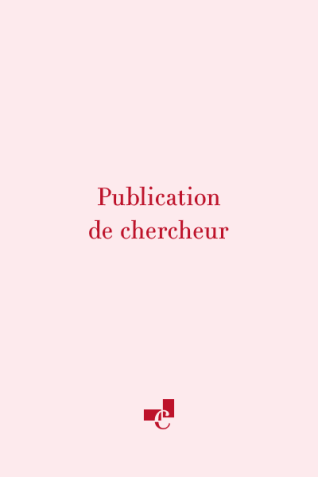- Congrès : Digital Humanities 2025 (2025-07-14 - 2025-07-18)
- Directeur(s) : Universidade Nova de Lisboa
Résumé
<div><p>This study explores the integration of wordplay detection into authorship attribution techniques, applied to French novels, with a focus on the celebrated writer Colette. Her first novel, Claudine à l'École, was originally published under her husband's name, Willy, and has since been the subject of authorship controversy. Since no works can be definitively attributed to Willy alone, traditional attribution methods are limited. However, historical sources consistently highlight his fondness for intricate and erudite wordplay.</p><p>We first use transformer-based emotion detection to filter out emotionally negative passages, which are less likely to contain wordplay. We then use large language model (LLM) annotations to identify potential wordplay instances. Testing our pipeline on Claudine à l'École revealed a small number of sophisticated wordplays, concentrated in sections previously linked to Willy's influence through linguistic profiling. These findings lend tentative support to the hypothesis that Colette's direct writing was only minimally affected by Willy and offer a novel approach to attributing authorship in collaborative literary settings, particularly in the context of Willy's ghostwriting "workshop" and its many outputs.</p></div>
Disciplines
Partager sur les réseaux sociaux
À découvrir
Découvrez d'autres productions de l'École sur les mêmes thématiques.



